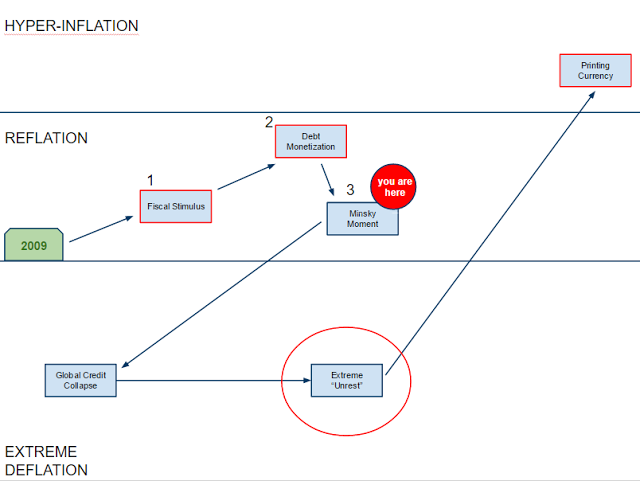
I think yes. Here’s why.
The laws of physics are the same everywhere in the universe. There are no forms of energy useful on a human scale that we do not already know about.
The laws of biological evolution are likely the same everywhere in the universe. Life’s form and chemistry may differ, but its foundation of evolution by natural selection of replicators is probably universal.
Any life with advanced technology requires two things. First, a powerful brain with an extended theory of mind capable of collaborating on the invention of advanced technology, and second, sufficient energy to allow the specialization of skills, extraction and production of materials, and construction of infrastructure necessary to develop the technology.
Varki explains that a brain with an extended theory of mind initially requires denial of reality behavior.
The only form of energy with the utility, density, portability, and extractability necessary to boot strap the creation of advanced technology is liquid hydrocarbons (oil). The biological and geological processes that create oil remove carbon from the atmosphere, bury it under ground, and release oxygen into the atmosphere. The creation of oil therefore changes the environment, and the burning of oil, which reverses the process, also changes the environment.
If a planet has life with advanced technology then it likely began by denying reality and burning oil. The energy from oil will increase food production which in turn will cause the population and pollution it produces to increase unchecked due to universal reproduction behaviors coupled with denial of reality.
Depletion of the non-renewable oil, disruption to the climate from burning the oil, and other associated negative impacts on habitat make it probable that the life will overshoot its environment and collapse before it has time to evolve the awareness of reality necessary to reduce its population and develop a high density non-carbon form of energy such a fusion, if indeed fusion on a human scale is even possible given the temperatures and pressures involved.
This may explain why we have not detected life in the universe despite trillions of planets.
We should be grateful for being alive to witness the peak of what may be possible in the universe.

